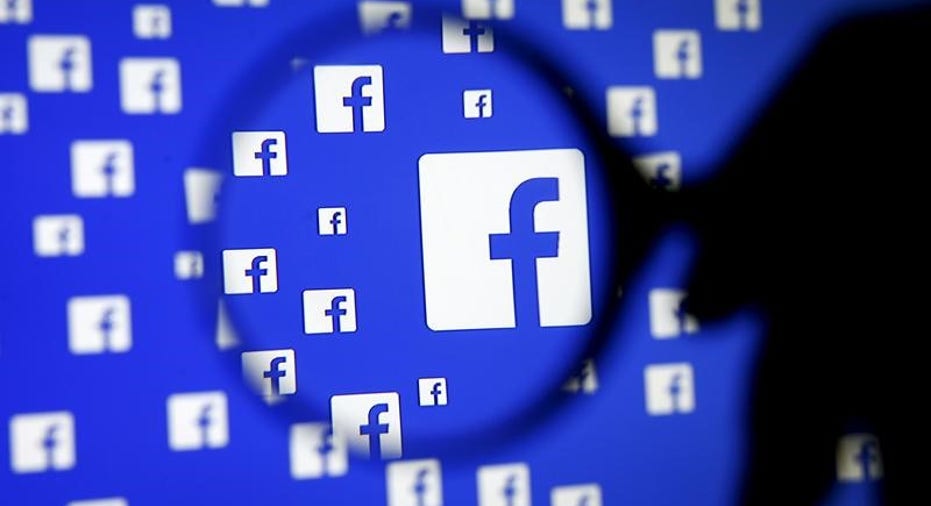Facebook's Zuckerberg Sits Down With Dallas PD

Facebook (NASDAQ:FB) founder Mark Zuckerberg sat down with the Dallas Police Department Monday night to discuss the role of social media and how it’s changing the dynamics of law enforcement – for better, and for worse.
In a post on the social networking site, Zuckerberg said the meeting addressed how Facebook's different technologies, such as live video, offer new ways to provide “accountability and trust,” but also acknowledged the “new challenges” it creates for police officers.
On July 7, 2016, 25-year-old Micah Xavier Johnson killed five Dallas police officers and wounded several others – disrupting what was a peaceful protest gathering – after Facebook live videos showed officers fatally killing two African-American men, one in Louisiana and the other in Minnesota.
Facebook live video poses a different kind of challenge to police officials. Although it has the ability to shed light on situations and offer a different perspective to police shootings, it might not exactly represent the full story.
“If we’re doing our job right, it can’t do nothing but help us, you know if we’re doing our job the way we’re supposed to, and it provides evidence sometimes,” Warren C. Mitchell, Dallas police sergeant, said. “But also, it could misconstrue. It depends on when you come into the scene, you know and not understand why a decision was made to do this and do that - it has its pros and cons.”
Facebook has also been under fire for becoming a hotbed for fake news, causing more problems amongst officials to determine fact from fiction and ensure public safety.
“Facebook especially is in a very bad spot and it’s part of this whole slippery slope of activity that’s going on with Facebook that can be very damaging to the public, to public safety, to the kind of decision making people engage in that isn’t necessarily based on fact,” Karen Riggs, professor of media arts and studies at Ohio University and coordinator of the Scripps College of Communications Social Media Certificate, said.
Despite the pros and cons social media offers law enforcement, as popularity continues to grow and more people engage on different networking platforms, the focus shifts to police and social media networks working together and building a relationship.
“One thing we will see law enforcement doing is more and more cooperating with specialized professionals who are going to develop more and more software to locate data that are publicly available and read data the same way social networks read data,” said Riggs. “And, we probably will see more cooperation between Facebook and other social networks and law enforcement. That will help alleviate problems.”
Facebook declined to offer FOXBusiness.com more specifics when asked whether a solution has been reached to help bridge the divide between police and the social media network.
And although Sergeant Mitchell could not disclose details about what went on behind the closed door meeting between Dallas police officials and Zuckerberg, he believes that social media has been more beneficial than harmful.



















